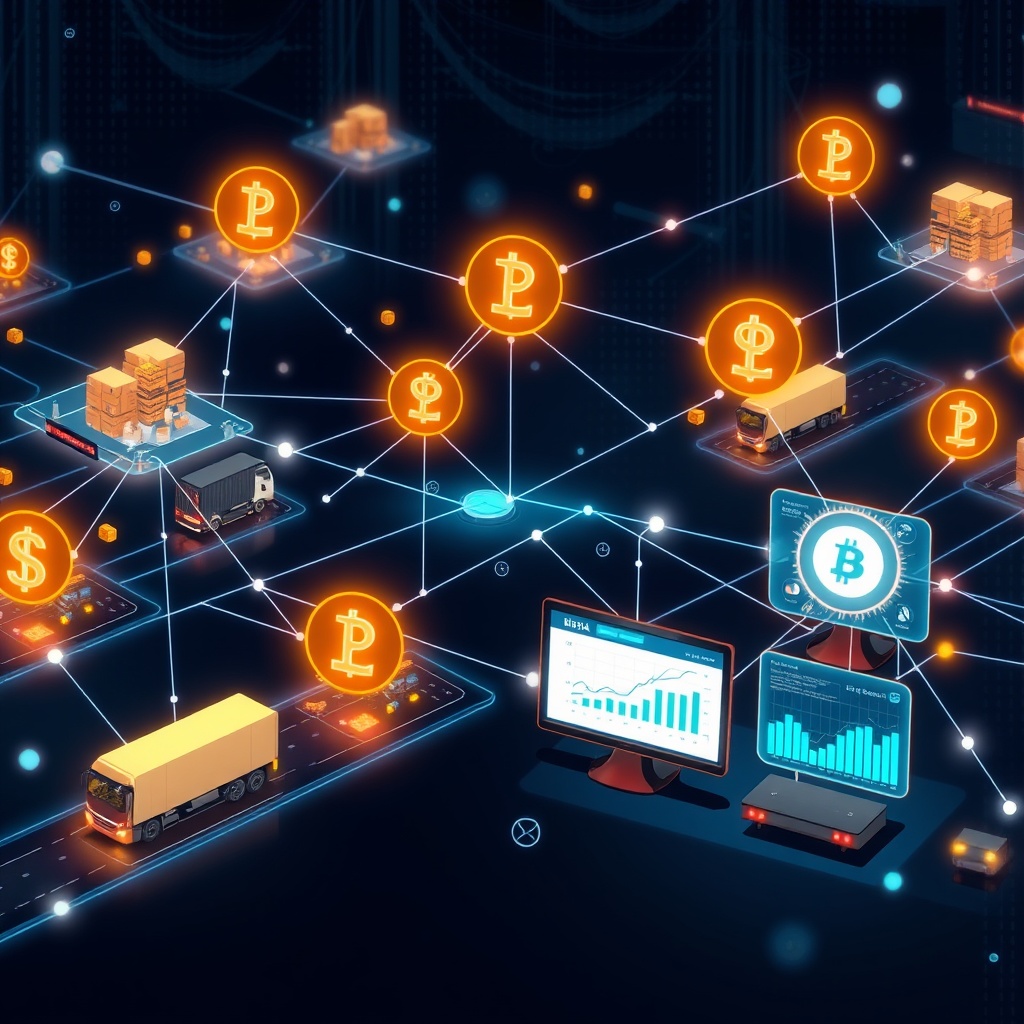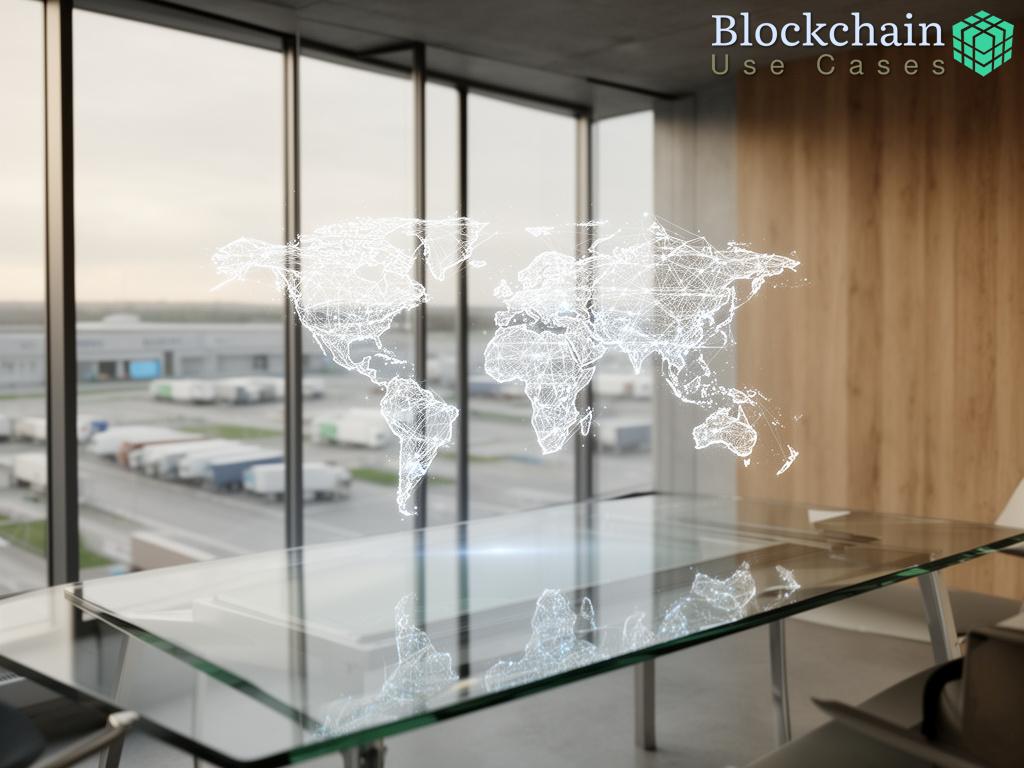The supply chain industry is on the cusp of a major transformation, thanks to the advent of tokenized data models. Imagine a world where data flows seamlessly between partners, fostering transparency and trust. Tokenization not only ensures the integrity of the data shared across the supply chain but also opens new avenues for monetization. This article delves into how tokenized supply chain data can redefine information sharing and create robust revenue streams.
Unlocking the Potential of Tokenization

Tokenization is the process of converting rights to an asset into a digital token on a blockchain. This innovation provides a secure and efficient way to share information across various entities in the supply chain. By leveraging smart contracts, companies can automate processes, reduce costs, and enhance compliance. The tokenized approach enables stakeholders to access real-time data, which can significantly improve decision-making.
The Monetization Matrix: How Can Companies Profit?
With the rise of tokenized supply chain data, companies are finding new ways to monetize their information assets. Here’s a quick look at some innovative monetization strategies:
- Data-as-a-Service (DaaS): Companies can offer their valuable data as a subscription service, allowing other businesses to gain insights.
- Incentivized Sharing: By creating a token economy, organizations can reward partners for sharing their data, fostering a collaborative ecosystem.
- Dynamic Pricing Models: Companies can utilize real-time data to adjust pricing strategies based on market demand and supply conditions.
These strategies not only enhance revenue but also improve collaborative efforts across the supply chain.
Challenges and Opportunities Ahead
While the potential for tokenized supply chain data is immense, challenges remain. Issues such as data privacy, regulatory compliance, and technological barriers need to be addressed. However, as more companies embrace this innovative model, opportunities for growth and advancement are sure to follow. The key lies in developing comprehensive frameworks that ensure secure, efficient, and compliant data sharing.





